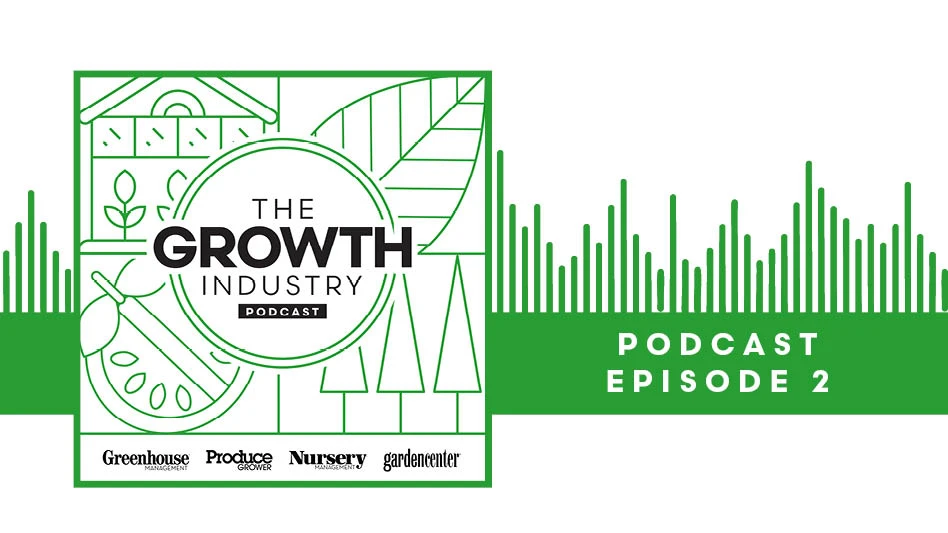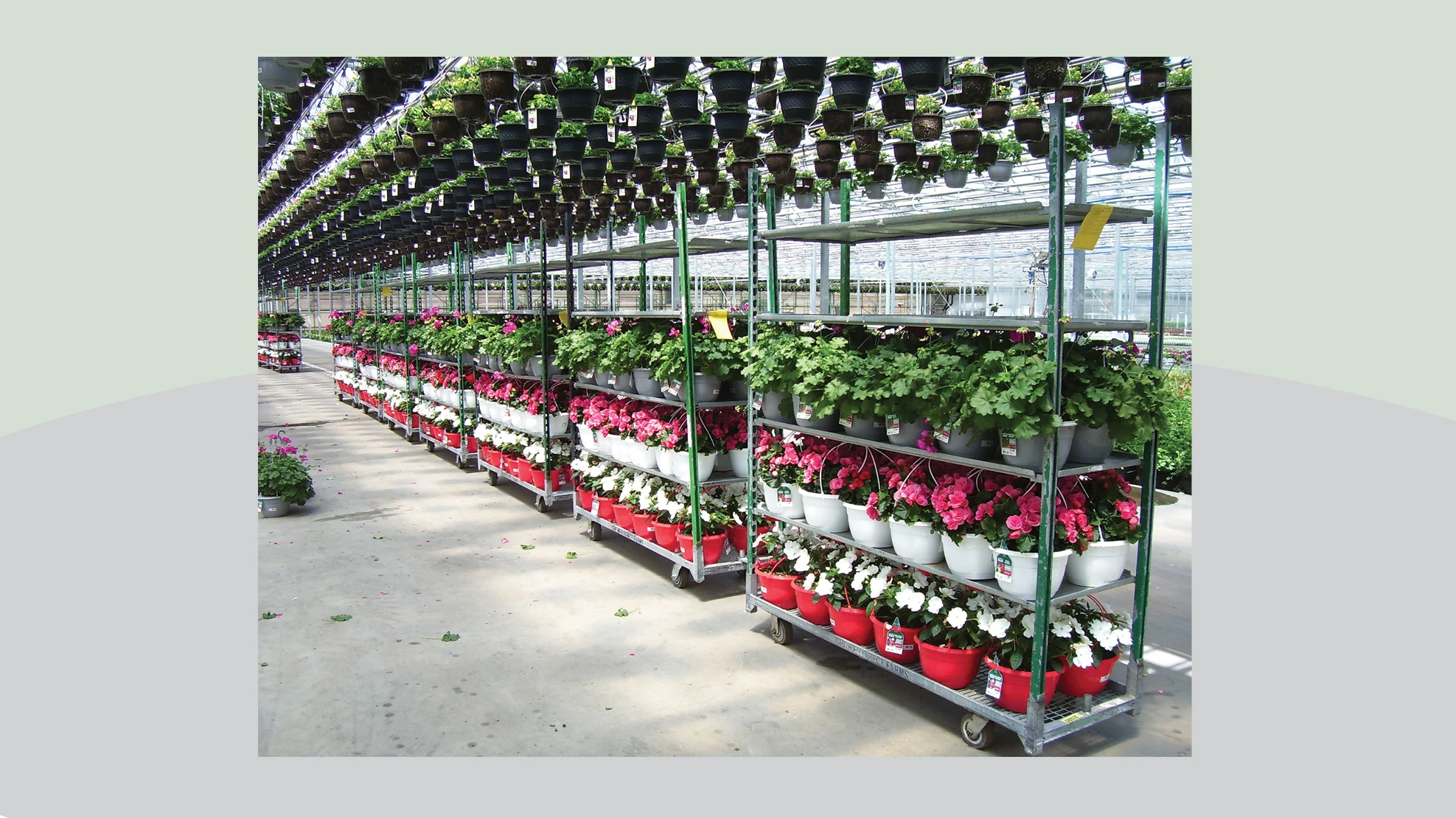|
Research conducted by Washington State University’s Wood Materials and Engineering Laboratory and Department of Horticulture and Landscape Architecture, has shown that heat-treated and nutrient infused Douglas fir tree bark typically performed similar to peat-perlite and peat-vermiculite growing media in the production of marigolds, impatiens and peppers. Infused fertilizer, alone, in the experimental barks appeared not sufficient to produce a salable crop of marigolds, peppers or impatiens when evaluated over an extended growth period. However, with the addition of top-dressed macronutrients, the potting media made from the treated barks typically performed similarly to standard mixes used by commercial growers. Typically the 50 percent experimental bark plus 50 percent peat moss generally outperformed plants in the other experimental bark mixes. Based solely on its water holding capacity, compared to that of vermiculite and perlite, the Smart Bark product appeared comparable. For more: Plant Care Technologies Corp.; (208) 892-0113; plantcaretech@moscow.com. Authors: Ken Duft is professor emeritus, and Yihao Jiang is a student intern, Washington State University, School of Economic Sciences, duftk@wsu.edu. |
 | The Garden Center Conference & Expo, presented by Garden Center magazine, is the leading event where garden retailers come together to learn from each other, get inspired and move the industry forward. Be sure to register by April 17 to get the lowest rates for the 2025 show in Kansas City, Missouri, Aug. 5-7.
|

Explore the June 2011 Issue
Check out more from this issue and find your next story to read.
Latest from Greenhouse Management
- Society of American Florists accepting entries for 2025 Marketer of the Year Contest
- Sustainabloom launches Wholesale Nickel Program to support floriculture sustainability
- American Horticultural Society welcomes five new board members
- Color Orchids acquires Floricultura Pacific, becoming largest orchid supplier in U.S.
- American Floral Endowment establishes Demaree Family Floriculture Advancement Fund
- The Growth Industry Episode 3: Across the Pond with Neville Stein
- 2025 State of Annuals: Petal power
- Long-term labor solution









